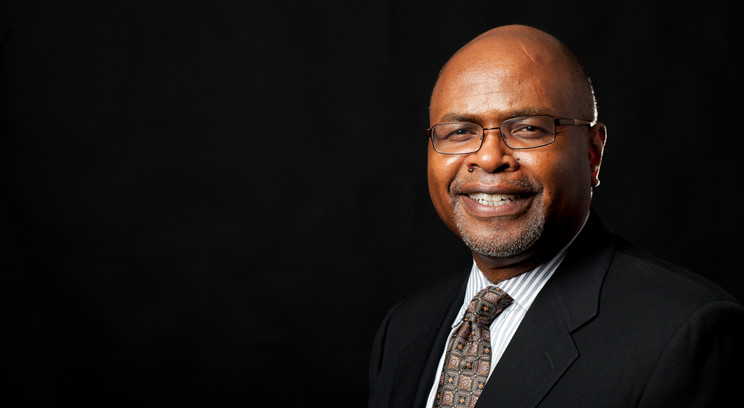
Dulce Foster
Or maybe not, especially when it comes to actions that might violate the Foreign Corrupt Practices Act (FCPA). That’s the message that Dulce Foster, an expert in FCPA with Fredrikson and Byron P.A., shared as a catalyst for a recent Center for Ethical Business Cultures Roundtable.
The more a business expands globally, the more likely its employees or business partners will be approached to pay a bribe. But just because corruption is accepted or expected in another country or culture doesn’t make it legal or ethical.
After carefully defining the rules and consequences surrounding FCPA, including affected parties and associated risks, Foster described five steps to creating a culture against corruption: setting the “tone at the top;” managing third-party relationships; implementing accounting controls; monitoring compliance; and documenting performance.
While no anti-corruption program is fail-safe, it should be designed to have the greatest impact for the associated cost. Be willing to change your business plan if the risks are unacceptable.
Ron James is President and CEO of the Center for Ethical Business Cultures. Read more from CEBC in The Business Ethics Exchange.







